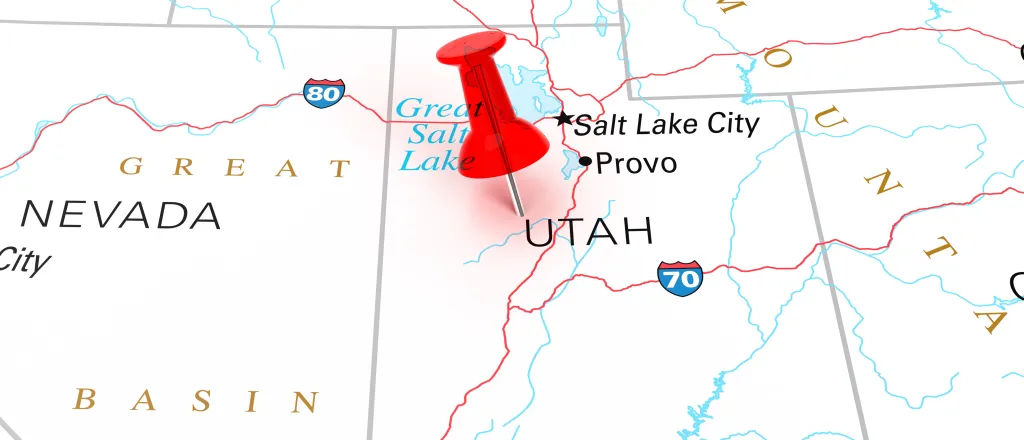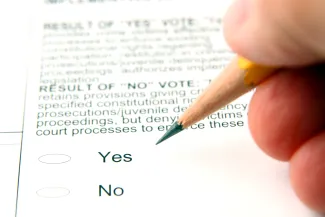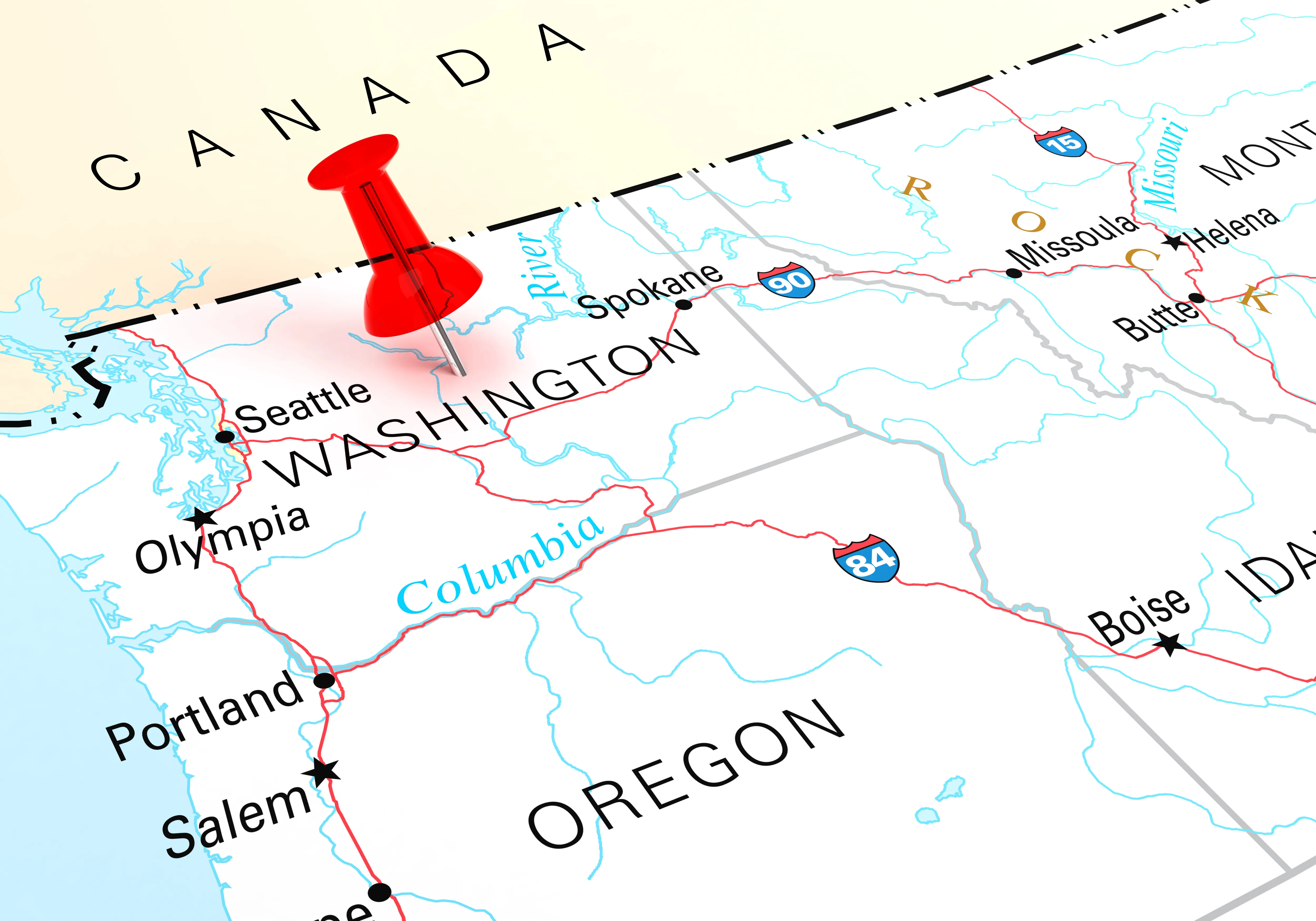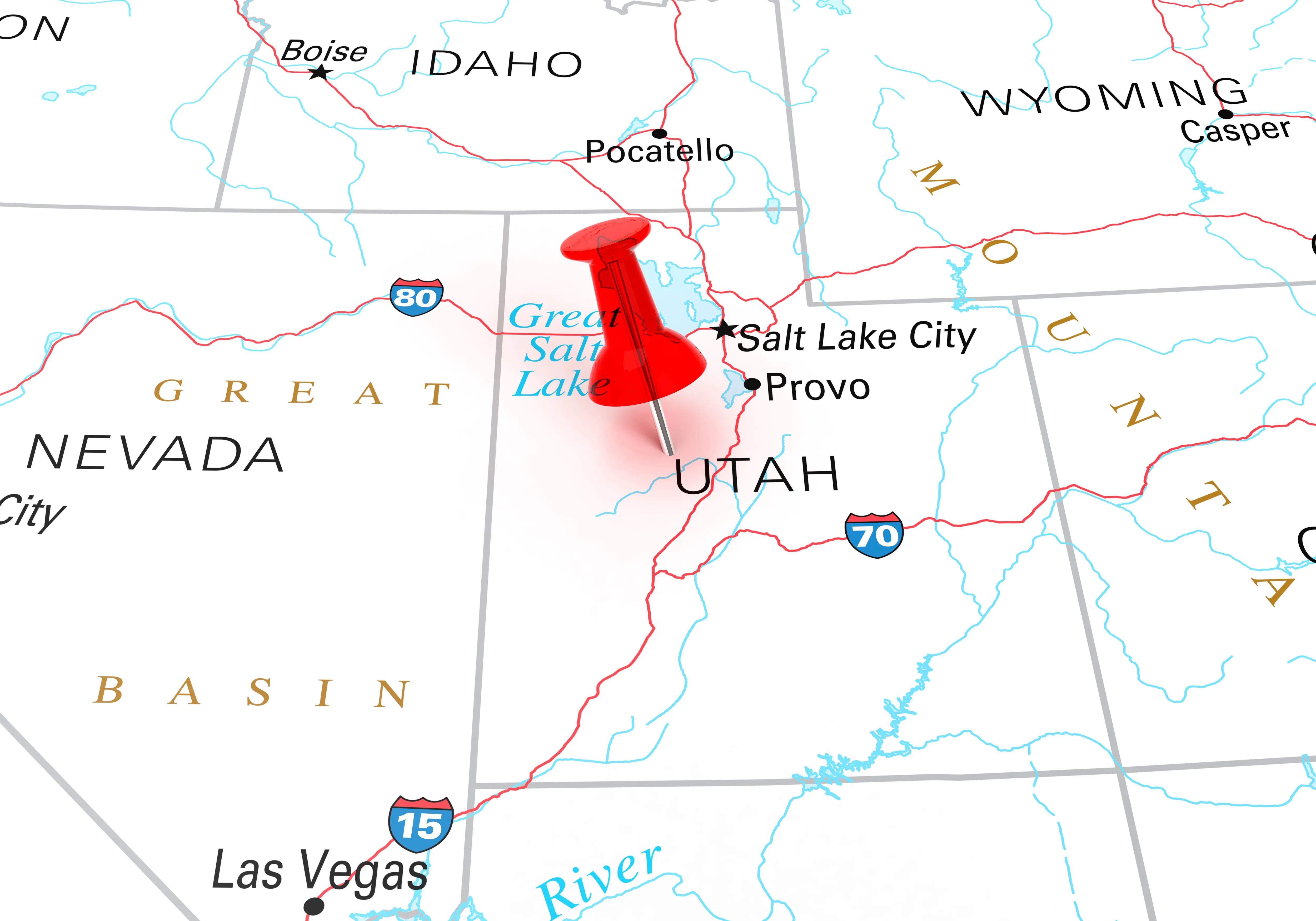
Referendum likely as groups meet signature threshold to overturn Utah union bill
A coalition of labor groups has cleared a major hurdle in an effort to repeal a controversial bill passed earlier this year that prohibits public unions from collective bargaining.
The Protect Utah Workers coalition, in its bid to repeal HB267, satisfied two of the requirements to qualify for a ballot referendum on Monday. According to data from the lieutenant governor’s office, the coalition gathered signatures from at least 8 percent of the state’s registered voters — including signatures representing 8 percent of voters in at least 15 of Utah’s 29 state Senate districts.

© Svanblar iStock-146069215
Per the lieutenant governor’s office, county clerks around the state have verified 146,480 signatures, above the roughly 141,000 threshold required to qualify for a referendum.
And data analyzed by political consulting and public affairs firm Morgan & May shows that the 8 percent threshold has also been met in 15 Senate districts.
If those numbers hold up, it’s likely HB267 will be put on hold until the general election in November 2026, where voters will decide whether the controversial law should take effect.
“Today, Utahns made history,” the coalition said in a statement on Monday, noting there are still “tens of thousands more signatures awaiting verification.” On April 16, the coalition announced it submitted 320,000 signatures gathered in the 30-day window required under Utah law — if accurate, it would be the most successful referendum effort in state history.
“The message is clear: Utahns still believe in checks and balances, accountability, and the power of the people to lead,” the coalition said Monday.
According to Morgan & May, the coalition met the threshold in the following Senate districts:
- Republican Senator John Johnson’s District 3, which includes North Ogden, Huntsville and parts of Summit County like Wanship and Coalville.
- Republican Senator Ann Millner’s District 5, which includes Ogden, South Ogden, Riverdale, Sunset and Clearfield.
- Republican Senator Jerry Stevenson’s District 6 in parts of Layton and Kaysville.
- Republican Senate President Stuart Adams’ District 7, which includes Layton down to Centerville.
- Republican Senator Todd Weiler’s District 8, which encompasses North Salt Lake, Woods Cross, Bountiful and parts of Salt Lake City.
- Democrat Senator Jen Plumb’s District 9 in Salt Lake City
- Democrat Senator Luz Escamilla’s District 10 in Salt Lake and West Valley cities.
- Democrat Senator Karen Kwan’s District 12 in Kearns, West Valley City and parts of Taylorsville.
- Democrat Senator Nate Blouin’s District 13, which includes parts of Salt Lake City, Millcreek, South Salt Lake and Murray.
- Democrat Senator Stephanie Pitcher’s District 14 in Salt Lake City, Millcreek, Holladay and Murray.
- Democrat Senator Kathleen Reibe’s District 15, which includes parts of Sandy, West Jordan and Cottonwood Heights.
- Republican Senator Wayne Harper’s District 16 in Taylorsville and West Jordan.
- Republican Senator Lincoln Fillmore’s District 17 in South Jordan.
- Republican Senator Dan McCay’s District 18 in Herriman, Riverton and Bluffdale.
- Republican Senator Kirk Cullimore’s District 19 in Sandy and Draper.
“Many of the qualified districts are represented by the very politicians who actively pushed (and sponsored) HB 267,” the coalition said. “Now, their own neighborhoods are standing up for public workers’ rights.”
County clerks still have until the first week of May to verify outstanding signatures — once a signature is verified, it’s made public, opening a 45-day window where the voter can choose to rescind their support for the referendum, if they choose.
When the county clerks are done, the lieutenant governor’s office will then review the process. Assuming the coalition has complied with state code and gathered enough valid signatures, ballot language will be crafted for the 2026 general election. The law will be put on hold until then.
HB267 was one of the most controversial bills to come out of the 2025 legislative session, prohibiting public sector unions from collective bargaining. Once it takes effect on July 1, 2025, a public union, like a teachers union, will no longer be able to negotiate an employment contract with an employer, like a school district.
Lawmakers say HB267 will protect taxpayer dollars while giving all public employees a voice, not just union members. The bill’s sponsors — Representative Jordan Teuscher, R-South Jordan, and Senate Majority Leader Kirk Cullimore, R-Sandy — said unions shouldn’t be negotiating terms of employment if they don’t represent a majority of the employees.
But labor groups and members of the public opposed the bill, speaking out during committee meetings, protesting in the Capitol rotunda and urging the governor to veto. Despite concerns that it would erode their rights and eliminate leverage unions have when meeting with their employers, Utah Governor Spencer Cox signed it on Valentines Day.

















